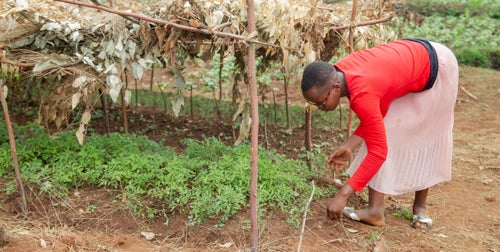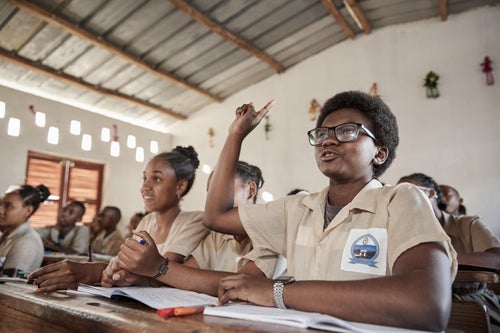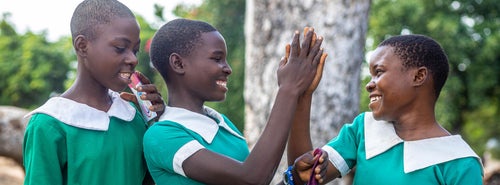Every child, regardless of their gender, has the right to safety, education, bodily autonomy, and the freedom to make decisions about their future.
Gender equality ensures everyone can enjoy the same rights, resources, opportunities and protections, regardless of their gender. Sadly, this isn't the reality for millions of children around the world.
Gender inequalities begin to shape a girl’s life even before she is born, and these inequalities escalate in the teenage years. Compared to boys, teen girls are less likely to complete secondary education due to harmful gender norms and practices such as child marriage and pregnancy and facing a higher burden of unpaid domestic and care work. They also face higher risks of sexual exploitation and gender-based violence. For boys, notions of masculinity can also impact them negatively, and result in fuelling child labour, gang violence and recruitment into armed groups.
The United Nations Secretary General, Antonio Guterres, has said at the current rate that gender equality – while a human right – could take over 300 years to achieve.
The world has no time to waste in the race for gender equality. No matter where it prevails or how it manifests, gender inequality harms every member of society.

Goal 5: Achieve gender equality and empower all women and girls
In 2015, world leaders agreed to 17 global goals to achieve by 2030. Gender equality is the cornerstone of international efforts to enhance gender equality. It includes ending all forms of discrimination, eliminating harmful practices and all forms of violence, valuing unpaid care and domestic work, ensuring women's full potential and effective participation, and universal access to sexual and reproductive health.
Progress towards this goal is falling behind, and only 15.5 per cent of these indicators are on track.
Barriers to gender equality
When denied their most basic rights, girls have fewer chances to improve their circumstances and achieve their own aspirations. As they grow up and have their own children, there are more challenges to passing down opportunities to them – entrenching barriers to wealth across generations.
1 in 4
teen girls who have been married have been subjected to physical and/or sexual violence from an intimate partner.
22%
Globally, 22 per cent of girls aged 15-19 are not in education, employment or training compared to 13 per cent of boys.
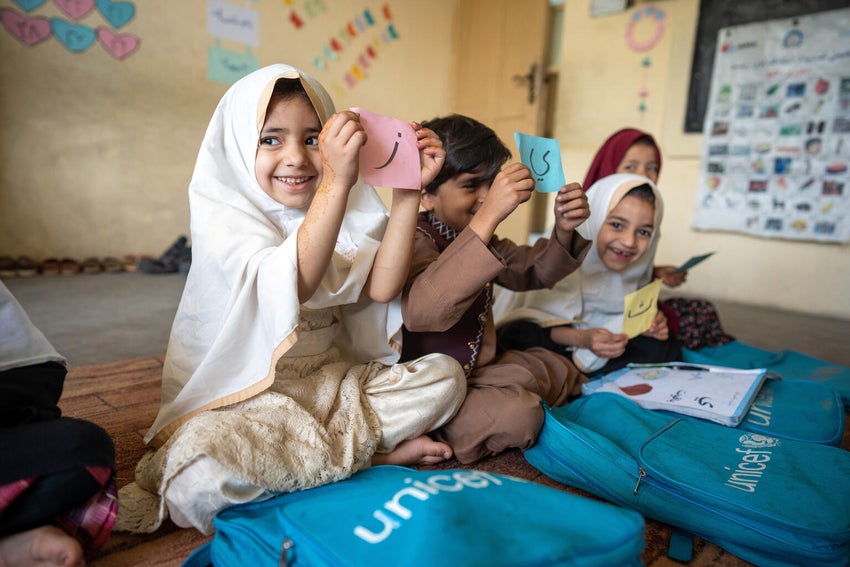
Education
Around the world, a staggering 119 million girls are out of school. The barriers they face vary among countries and communities; child marriage, pregnancy, gender-based violence, schools may not meet the safety, hygiene or sanitation needs of girls, or families living in poverty tend to favour boys when investing in education. However, education for girls is about more than having access to school. It's also about girls feeling safe in classrooms and supported in the subjects and careers they choose to pursue – including those in which they are often under-represented, such as science and maths.
We know that investing in girls' education transforms communities and countries. Girls who receive an education are less likely to marry young and more likely to lead healthy, productive lives. They earn higher incomes, participate in the decisions that most affect them, and build better futures for themselves and their families.
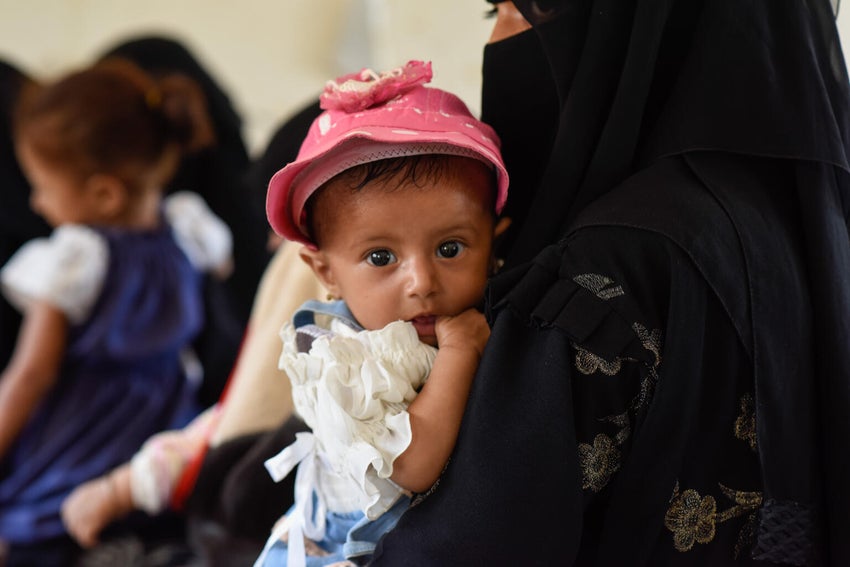
Maternal healthcare
Complications from pregnancy remain a leading cause of death and disability for teenage girls in the least developed countries. This is especially the case for the hundreds of millions of girls who have been subjected to female genital mutilation or for child brides, who often become pregnant when they are still children themselves. Teen girls are also more likely than anyone else to experience sexual violence. At the same time, 66 per cent of girls globally know nothing about menstruation until their first period. And sadly, among new HIV infections in adolescents, 3 in 4 occur in girls.
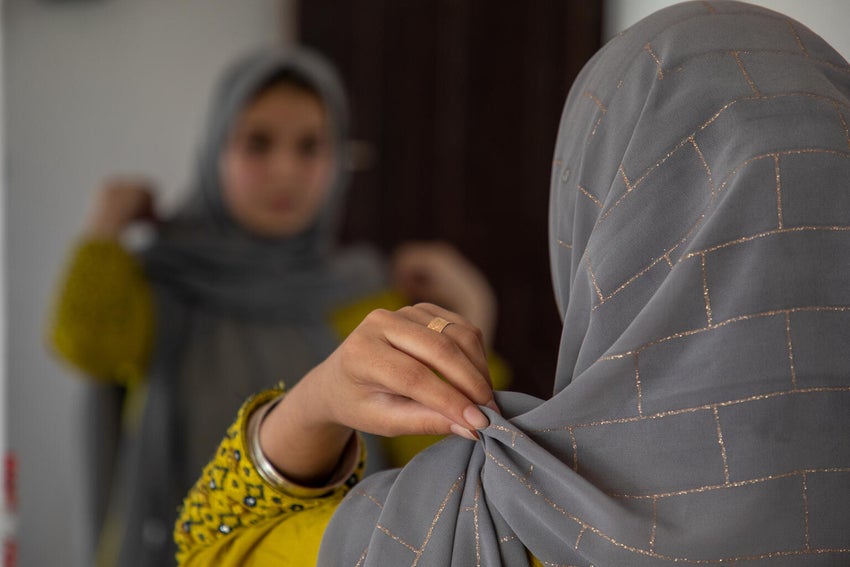
Gender-based violence
Gender-based violence (GBV) is one of the most pervasive human rights violations in the world. It happens everywhere and affects all parts of society. GBV involves any harm or threat of harm to a person due to male-female power imbalances entrenched within a society.
GBV can be physical, sexual, emotional and financial. It includes sexual violence, intimate partner violence, female genital mutilation, child marriage, sex trafficking and femicide.
Although men and boys can also be victims of GBV, it's women and girls who face the greatest threat and are disproportionately affected. Nearly 1 in 4 teenage girls who have been married have experienced sexual or intimate partner violence in their lifetime.
UNICEF’s work in gender equality
Globally, UNICEF is working to achieve gender equality by investing in the early years of a child's life, keeping all children safe from harm, and empowering teens to reach their potential to thrive now and into the future.
We do this by focusing on maternal health and nutrition and equitable access to education, including STEM and digital skills for teenage girls. We're working to end harmful practices like child marriage, female genital mutilation and violence against all children and women. We also support gender-responsive social protection and care, equitable water, sanitation and hygiene systems, and menstrual health services.

Three ways UNICEF Australia is working towards gender equality
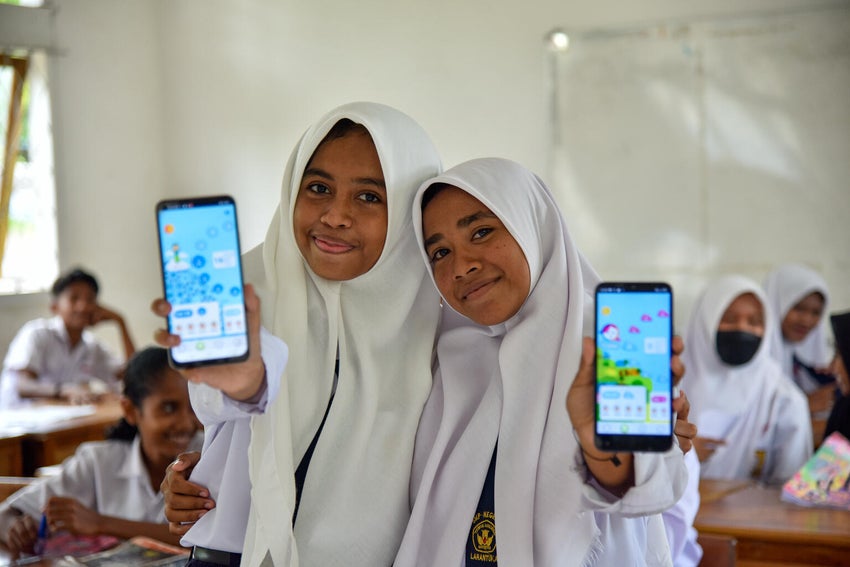
1. Oky: For Girls. By Girls. Period.
The world’s first open-source mobile phone period tracker and menstruation education app, co-created with and for girls in developing countries. Supported by the Australian Government, Oky aims to break down cultural barriers, stigma and taboos, empowering girls to make informed decisions about their health and upskilling their digital literacy.
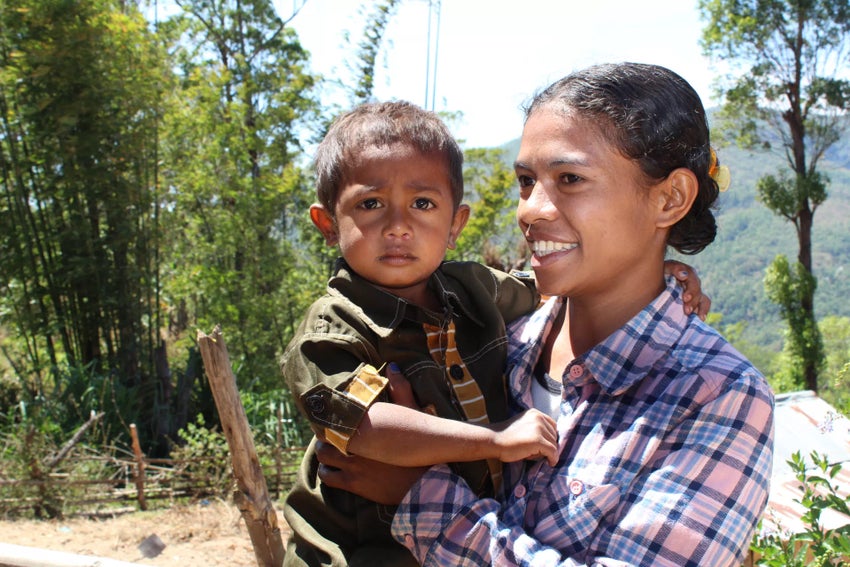
2. Girls Empowered
Girls Empowered is a pilot program in Timor-Leste for girls and young women who have experienced or are at risk of experiencing gender-based violence (GBV). Through a series of workshops led by young women facilitators from the community, the program focuses on subjects like life skills, sexual and reproductive health, GBV prevention, career guidance and financial literacy, helping girls and young women to take charge of their lives and choose paths for their futures.
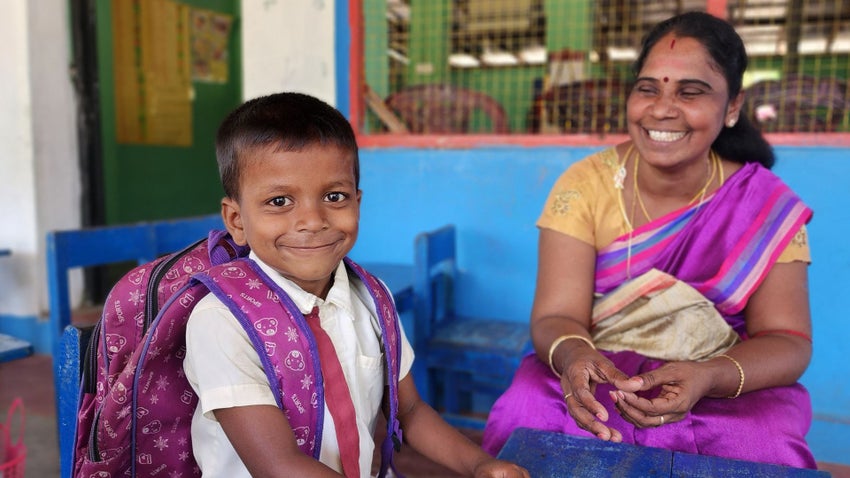
3. Addressing malnutrition
In Sri Lanka, we're challenging gender norms and roles in a training package for health workers to promote caregivers' mental health and emotional wellbeing. Mothers, and especially teenage mothers, often eat last and least. Alongside addressing devastating malnutrition rates, the project promotes shared caregiving between parents to break down stereotypes of gender roles. It also supports female caregivers' emotional and psychosocial needs during the early years and focuses on mothers' nutrition through multiple micro-nutrient supplements for maternal health.
Until every girl can play
Millions of girls around the world are facing discrimination and obstacles that are impacting their futures. That’s why this summer we’re turning every appeal during the CommBank Women's Ashes Test into an appeal for gender equality. By donating to UNICEF Australia and supporting the Appeal Appeal you’re giving girls around the world a chance to play, learn and lead with confidence and without limits.





